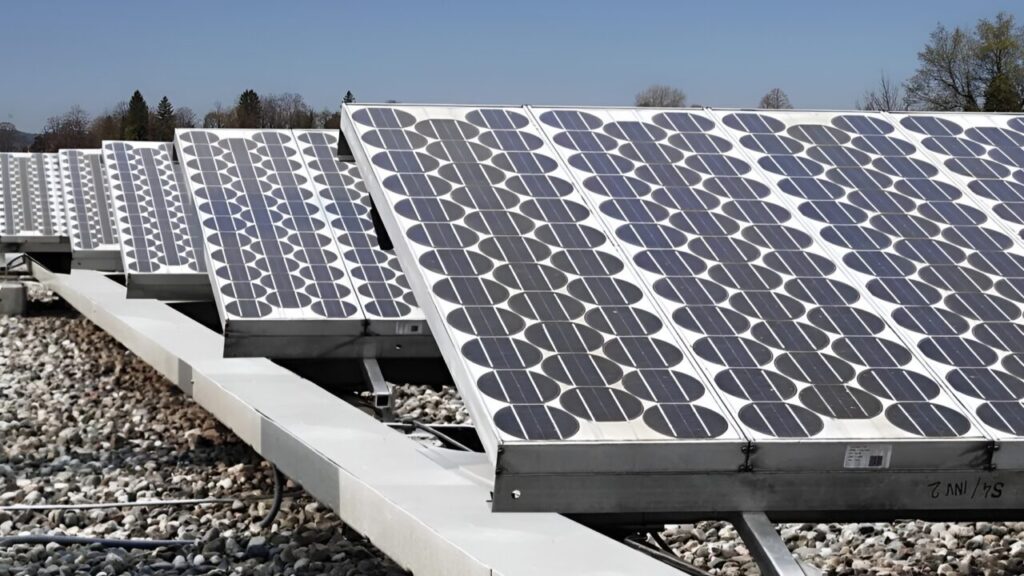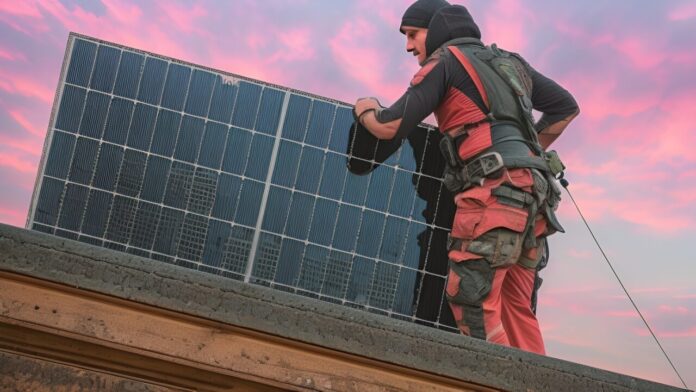Enduring Performance:
In 1992, France installed its first photovoltaic (PV) system, not knowing it would still be operational over three decades later. Now, 31 years after its installation, this solar panel continues to perform with an astonishing 79.5% efficiency. How has it managed to maintain such high performance levels? Let’s dive into the details.
A Testament to Longevity:
Originally, the manufacturer of this solar panel system promised that it would retain at least 80% of its performance after 25 years. Remarkably, this promise has largely been fulfilled. Laboratory tests were conducted in a controlled environment, simulating sunlight exposure to the panel. These tests compared the current performance to the original levels when first installed. Consistent with results from its 20th year, where the panel showed 91.7% efficiency, the enduring quality of this system is evident.

Comparison with Europe’s Oldest PV System:
Turning our attention to another long-standing system, the TISO-10 in Switzerland, installed in 1982, continues to operate at 80% efficiency even after 35 years. These old panels, despite facing the ravages of time including corrosion, damaged connection cables, and hotspots, still manage to perform remarkably well.
Implications for Solar Energy Investments:
These golden results demonstrate that solar panel systems can maintain high performance levels over the long term, though it’s important to note that not all brands may achieve similar outcomes. The ability of manufacturers to meet their performance promises enhances the reliability of solar energy investments. Apart from wear and tear due to environmental factors, solar panels can continue to produce energy without significant decline over many years.

Renewed Faith in Green Energy:
Systems like these, which operate nearly as well as when they were first installed, reinforce our belief in the viability of green energy. What are your thoughts on the long-term performance of solar energy systems? How long do you think today’s panels will last? Don’t forget to share your views in the comments section below…

